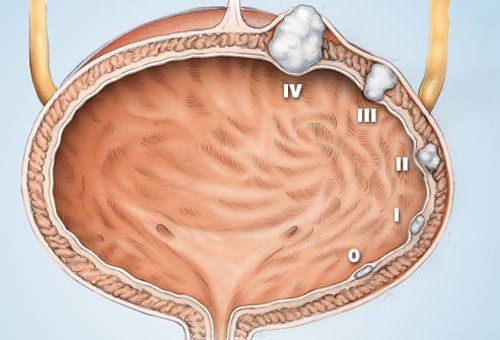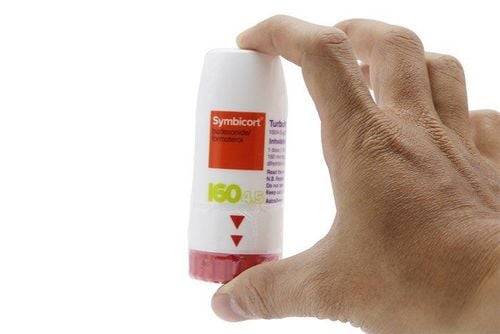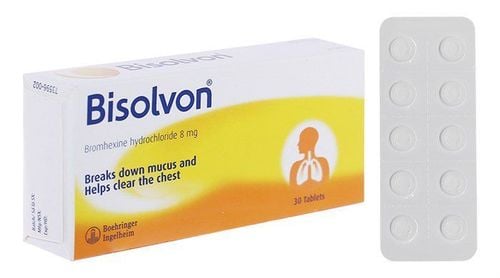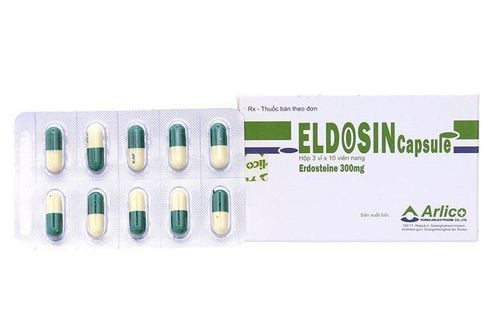This is an automatically translated article.
The article was written by Master, Doctor Nguyen Ngoc Phu - ICU Doctor - Intensive Care Department - Vinmec Times City International General HospitalChronic obstructive pulmonary disease (COPD) is a chronic inflammatory lung disease that is caused by blocked airflow from the lungs. Symptoms include difficulty breathing, coughing, mucus secretion, and wheezing. Patients with chronic obstructive pulmonary disease are often at increased risk of heart disease, lung cancer, and many other dangerous diseases.
1. What is chronic obstructive pulmonary disease?
Chronic obstructive pulmonary disease (COPD) is a chronic inflammatory lung disease that is caused by blocked airflow from the lungs. Symptoms include difficulty breathing, coughing, mucus (sputum) secretion, and wheezing. It is caused by long-term exposure to irritating gases or particulate matter, usually from tobacco smoke. People with COPD are at increased risk for heart disease, lung cancer, and a host of other conditions.
Chronic obstructive pulmonary disease includes:
Emphysema : Damage to the air sacs in the lungs Chronic bronchitis: Characterized by excessive mucus secretion in the bronchi and presenting with cough and expectoration for at least 3 months consecutively during the year, for 2 consecutive years. COPD is a common condition that mainly affects middle-aged or elderly people who smoke. However, many people do not realize they have chronic obstructive pulmonary disease. Breathing problems tend to get worse over time and can limit normal activities, although treatment can help control the condition.
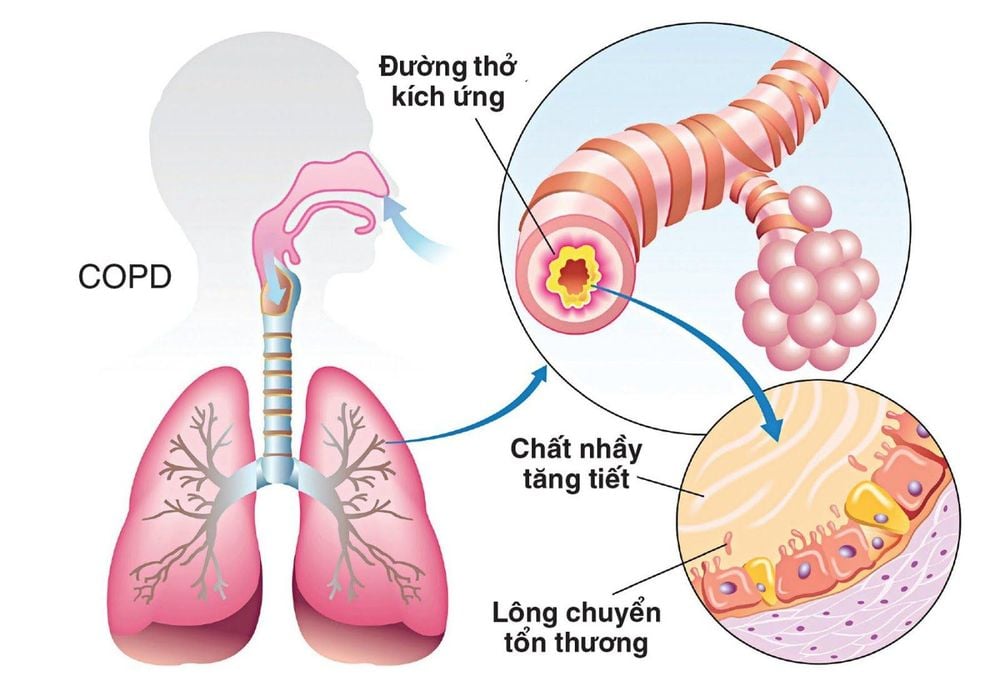
Cơ chế hình thành bệnh phổi tắc nghẽn mạn tính
2. What are the causes of COPD?
COPD occurs when the lungs become inflamed, damaged, and the airways narrow. The main cause is smoking, although this condition can sometimes occur in people who have never smoked, e.g. patients with bronchiectasis, asthma, pulmonary sequelae...)
In fact, the more cigarettes smoked and the longer the duration, the higher the likelihood of obstructive lung disease. Some cases of COPD are caused by long-term exposure to harmful fumes or dust. Others are the result of a rare genetic problem, which means the lungs are more susceptible to damage.
3. Symptoms of COPD
The main symptoms of COPD are:
Increased shortness of breath, especially when the person is active A persistent dry cough with phlegm - some people may consider this just a "smoker's cough" Frequent chest infections Persistent wheezing If left untreated, the symptoms of the disease often get worse. There may also be periods when they get worse, known as exacerbations or flare-ups.
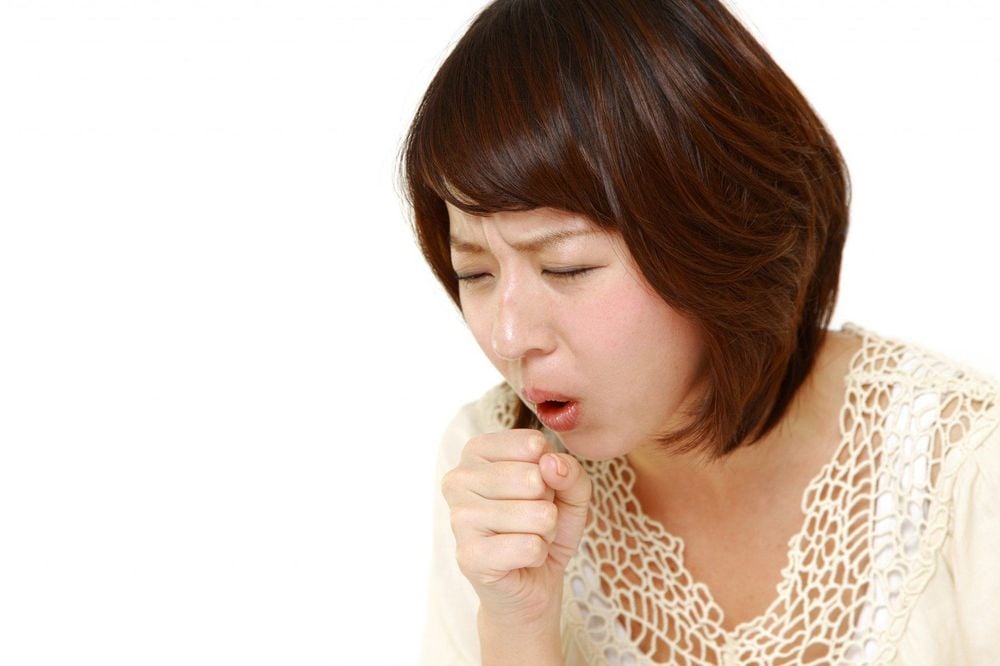
Ho khan dai dẳng có đờm là triệu chứng của bệnh phổi tắc nghẽn mạn tính
4. When should a patient with chronic obstructive pulmonary disease consult a doctor?
Patients should see or call a specialist if they have persistent COPD symptoms, especially if they are over 35 years old and smoke or have smoked for a long time in large quantities. The patient should not ignore the symptoms. If they are caused by COPD, they need to be treated as soon as possible, before the lungs are significantly damaged.
During the visit, the doctor will ask the patient about the symptoms and whether he is a current smoker or has a history of smoking? They may order pulmonary function tests, chest x-rays to help diagnose COPD, and rule out other lung conditions, such as asthma.
5. How is COPD treated?
Lung damage caused by COPD is permanent, but treatment can help slow the progression of the condition. Treatment methods include:
Stop smoking: Smoking is the main cause of COPD, so stopping smoking is the most important thing patients need to do to treat chronic obstructive pulmonary disease. Inhalers and pills: Make breathing easier. There are many medications that help improve breathing. Bronchodilators and corticosteroids will be selected and prescribed by doctors for patients. Antibiotics: Use antibiotics when the patient has signs of bacterial infection in the bronchi. Supportive drugs: expectorant, nutrition, treatment of co-morbidities to help patients improve symptoms faster. Oxygen, mechanical ventilation: The patient will be given oxygen or ventilator support when the condition becomes severe. Pulmonary Rehabilitation: A specialized program of exercise, breathing exercises, effective coughing, vibrating and health education. Surgery or a lung transplant: Although this is only an option for a very small number of people. Cases of large air bubbles, complications of pneumothorax.

Người bệnh có thể được điều trị bằng thuốc kháng sinh
6. What is the progression and prognosis of COPD?
The progression of COPD varies from person to person. Some are in a condition that cannot cure or improve symptoms, but for many, treatment can help control the disease so that it does not severely limit daily activities.
But in some people, COPD can continue to get worse despite treatment, and it can eventually have a significant impact on quality of life, as well as being life-threatening.
7. How to prevent and manage COPD?
COPD is largely a preventable disease. Patients can significantly reduce the risk of COPD if they avoid smoking (cigarettes, pipe tobacco). So if you are a smoker, you should stop so you can prevent further damage to your lungs before it starts to cause severe symptoms.
Management of COPD: Patients will be monitored monthly at the Asthma and COPD management rooms. Here, the doctors will check the respiratory function, give advice and give preventive medicine to the patient.
In addition, yearly flu vaccination and pneumococcal vaccine effectively reduce your risk of COPD flare-ups.
Vinmec International General Hospital is the address for examination, prevention and treatment of many respiratory diseases, including chronic obstructive pulmonary disease. The examination, diagnosis and treatment of diseases are carried out by qualified and well-trained doctors along with modern medical equipment, which will bring optimal treatment results to patients.
In order to improve service quality as well as serve the requirements of comprehensive health care, Vinmec now also deploys convenient medical services such as a lung cancer screening package, which is especially useful for those patients who regularly smoke and are exposed to tobacco or have a history of chronic obstructive pulmonary disease and many other respiratory diseases.
Customers can directly go to Vinmec Health system nationwide to visit or contact the hotline here for support.




